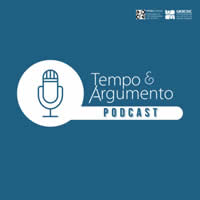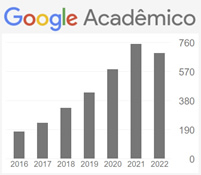Dossier: History of the Present Time, Heritage, and Memory
Submissions until January 01, 2024
The debates around the history of the present time understands the present in its dense composition of time strata, beyond its mere association with the immediate and the recent. And, in the cross-section of generations, representations, and memories, the history of the present time has focused heavily on the social struggles that has marked the present times; this field invites us to deal with an open temporality, filled with possibilities and projects, trials and promises, traumas and resentments, and demands for reparation and justice.
By destabilizing temporal boundaries, the history of the present time provokes, most significantly, the reflection on pasts that do not pass—irrevocable, they are inscribed in experiences and daily lives, contrary to perceptions of dead pasts, considered irreversible. This perspective brings about an especially critical look at memory policies and memorial institutions (archives, museums, and documentation centers), as well as at various forms of monumentalization of subjects and events. In parallel, several institutions and initiatives that compose the field of Cultural Heritage have reviewed their trajectories and practices in an attempt to combat colonial, exclusionary, and undemocratic persistencies. Preservation agencies and their criteria for the selection of cultural assets deemed as worthy of becoming patrimony have recently suffered criticism, which looked to overcome elitist biases present both in the procedures (who selects and how?) and in their results (what is effectively selected? What is the social inscription of the selected goods?). Authenticity and exceptionality are no longer unquestionable elements in preservation policies. Along with museum institutions, collections, exhibitions, and the very conception of “public” have been radically reconsidered. The “technical” look was placed under suspicion and the dialogical and joint construction became a key element for the actions.
It is worth questioning the extent to which the critical investments contemplated by the history of the present time converge with those of the renewing waves of the patrimonial field. Thus, the proposed dossier aims to attract the interest of professionals who seek to examine the interactions between history of the present time, heritage, and memory by conducting discussions of a more theoretical nature or of case studies, involving topics such as memory policies, uses of the past, traumatic experiences, the exercise of rights, participatory management, subalternate social groups, and forms of patrimonialization.
Organization:
Luís Alegría Licuime – Universidad de Valparaíso (Chile)
Janice Gonçalves – Universidade do Estado de Santa Catarina (Brasil)





